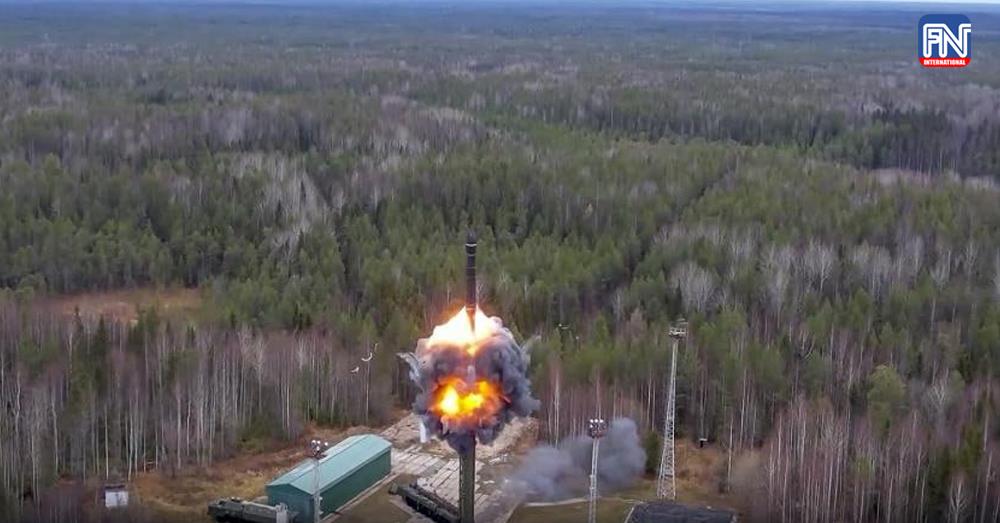MOSCOW, Feb 27 (Reuters) - Russia said on Wednesday it would need to see a change in NATO’s stance and a willingness for dialog before it would consider returning to its last remaining nuclear treaty with the United States.
The lower house of the Russian parliament voted quickly in favor of suspending Moscow’s participation in the New START treaty, rubber-stamping a decision that President Vladimir Putin announced on Tuesday when he accused the West of trying to inflict a “strategic defeat” on Russia in Ukraine.
The 2010 treaty limits each country’s deployed nuclear warheads to 1,550. Security analysts say its potential collapse could unleash a new arms race at a perilous moment when Putin is increasingly portraying the Ukraine war he launched one year ago as a direct confrontation with the West.
sked in what circumstances Russia would return to the deal, Kremlin spokesman Dmitry Peskov said: “Everything will depend on the position of the West… When there’s a willingness to take into account our concerns, then the situation will change.”
Interfax news agency quoted Deputy Foreign Minister Sergei Ryabkov as saying: “We will, of course, be closely monitoring the further actions of the United States and its allies, including with a view to taking further countermeasures, if necessary.”
Responding to a CNN report that Russia had unsuccessfully tested its Sarmat intercontinental ballistic missile earlier this week – a weapon capable of carrying multiple nuclear warheads – Interfax quoted Ryabkov as saying: “You cannot trust everything that appears in the media, especially if the source is CNN.
